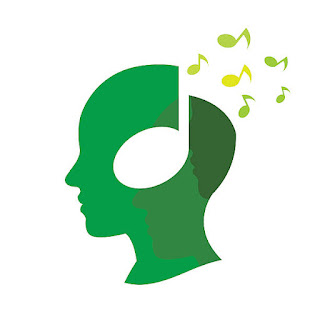The Psychology of Music: The Effects of Sound on Your Brain and Behavior
Music is an integral part of our lives. From the soothing sounds of classical music to the upbeat rhythms of pop songs, we turn to music to lift our spirits, motivate us, and even help us relax. But have you ever wondered why music has such a strong effect on our emotions and behavior?
Studies have also shown that music can have a significant impact on our memory and cognitive abilities. For example, listening to music while studying or working can improve focus and concentration, and may even enhance our ability to retain information. This is known as the "Mozart effect", named after the composer Wolfgang Amadeus Mozart, whose music has been shown to have a positive impact on cognitive function.
For centuries, music has been used as a therapeutic tool . Music therapy, a form of treatment that uses music to address physical, emotional, cognitive, and social needs, has been shown to be effective in treating a variety of conditions, including depression, anxiety, and even chronic pain. This is because music can help regulate our emotions and reduce stress levels, allowing us to better cope with difficult situations.
But why does music have such a profound effect on our emotions and behavior? One theory is that music acts as a form of communication, allowing us to express emotions and connect with others on a deeper level. When we listen to music, we may feel as though we are sharing the emotions and experiences of the artist or composer, which can create a sense of empathy and understanding.
Another theory is that music activates the same reward pathways in the brain as other pleasurable experiences, such as food. This is why we may feel a sense of euphoria and pleasure when we listen to our favorite songs, and why music can be so addictive.
In conclusion, the psychology of music is a fascinating field that has been studied for decades. From its effects on cognitive function and memory to its therapeutic benefits and emotional impact, music has the power to move us and inspire us in ways that few other things can. So the next time you listen to your favorite song, take a moment to appreciate the power of music and its effects on your brain and behavior.








Comments
Post a Comment